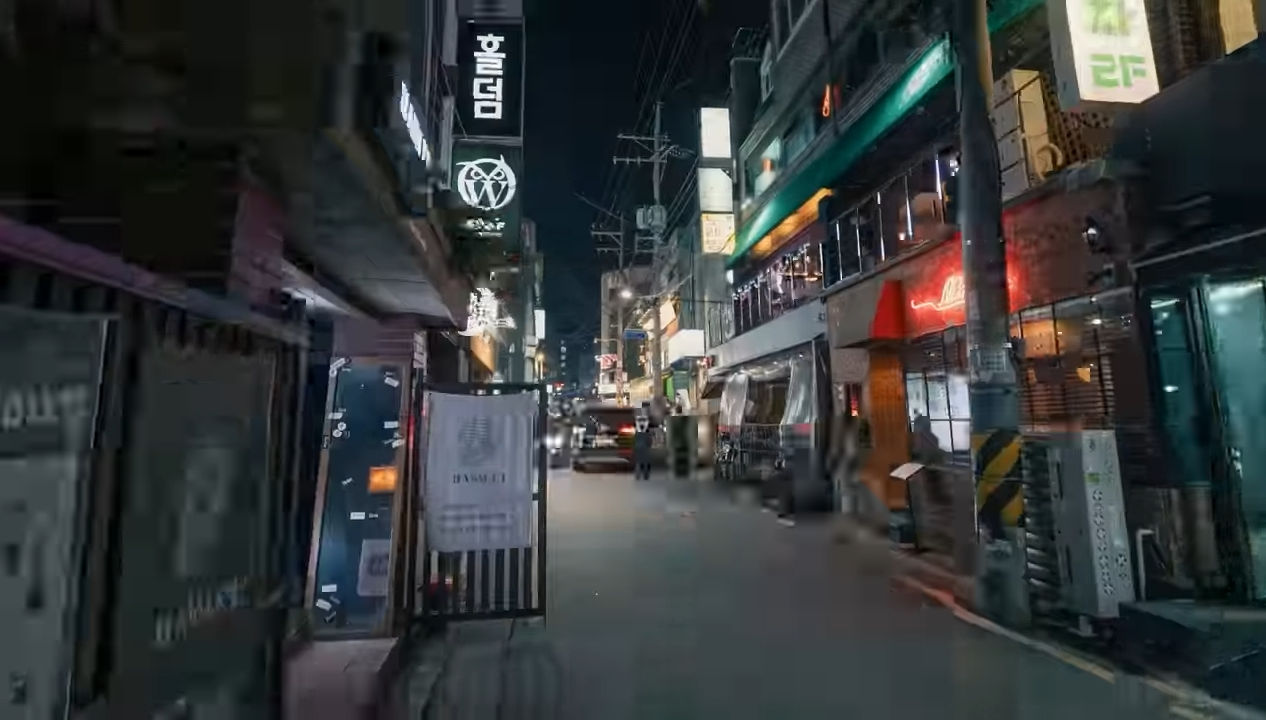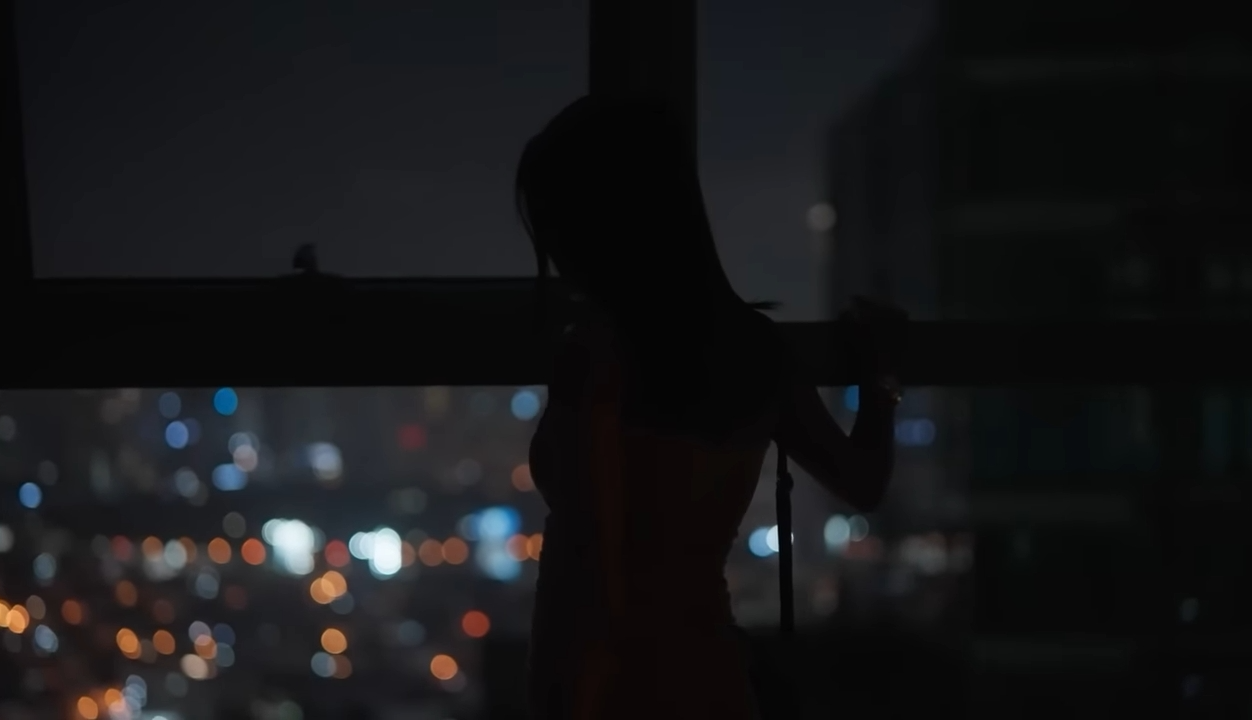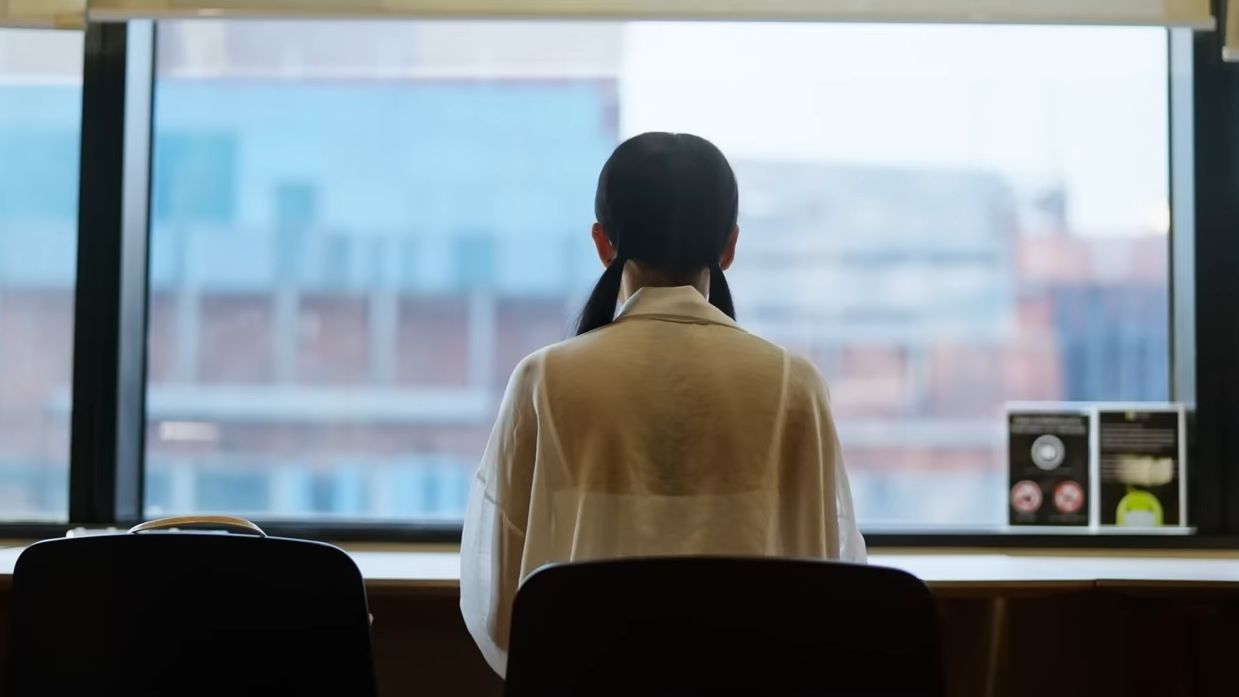After the financial crisis in 2008, when the country's economy recovered, a generation of young people developed the trend of loneliness. They like to eat alone, drink alone, or travel and watch movies alone. In Vogue magazine, Monica wrote that they prefer to spend a lot of time with themselves and let go of pressure on getting married and making money. This makes them feel stressed and not caring for others' gaze.
1. Generation:

This generation honors personal lifestyle, faces traditional standards and shows protest through lonely lifestyle. Korean young people seek many ways to forget the depression, with typical "chivabi" (spending without shallow tomorrow) and "Shiba Beautial" (evils and exceeding the limits). These terms appeared at the end of 2016, describing the feeling of stress and despair of Korean youth at the pressure of life.
The situation before the revolution is clearer through the spread of social networks of the phrase "Hello" - meaning hell. This phrase shows the distinction of class in the Young era, with the dominant who fully enjoys the privilege, while the lower class is subject to exploitation and loss of voice. Korean young people of low class are often born in low -income families, do not have the opportunity to promote social advancement, and they use this phrase to satirize the wealthy class, who inherited the privilege of the word. childhood.
The debate about this term becomes public in public opinion, posing challenges about the current difficulties that society is facing. Even Korean politicians often use the word "Hello" in the National Assembly hearing sessions, and it is more popular in the 2016 Green House and Green House campaign compared to Japan.
The unemployment situation of the Korean youth reached a record in February 2016, up to 12.5%, three times higher than the national unemployment rate. A number of lucky young people who have jobs have only achieved temporary or seasonal jobs, with the salary that is not commensurate with the country's economic growth. Meanwhile, the cost of living in big cities like Seoul and Busan is increasing, while the average salary is about 1.34%, not even with the average economic growth rate of 2. , 96% in the past 5 years.
The dissatisfaction among young people is increasing and booming through an important letter appearing in early December 2013. The letter, a student posted on the message board of a prestigious university in Korea Quoc, created a shock. Start with the question "Are you okay?" As a friendly opening, the author quickly offered a range of domestic issues.
2. Letter of letter:

The letter scored the government because of the decision to dismiss more than 4,000 workers opposing the decision to privatize the Korean Railway Company. The author also condemns the actions of the government when eliminating the witnesses. In addition, he described the painful emotions at the fact that many elderly people committed suicide, showing their betrayal to society.
Young people, once dreaming about the future and expects the listening from the government, is facing discontent and disappointment. Student's foster movement has become a symbol of dissatisfaction when they feel forgotten by the political party, their voices are not concerned by the government, although the policies are directly implemented. To their future.
In the spring of 2014, the government of President Park Geun-hye was unable to handle a tragedy. The accident accident killed 304 of 476 people dead, mostly high school students. Reports revealed that this incident occurs due to the state's tolerance to maritime private enterprises, leading to lax in compliance with safety regulations.
3. Outbreak:

In 2015, when the Middle East and Murresian respiration broke out, the Ministry of Health was criticized for not promptly notifying, causing serious consequences. This incident, along with corruption in the government of President Park, has created an increasing pressure for young people to request investigation.
With the bad results from the government since President Park came to power in 2013, young people are facing disillusionment, when freedom and democracy of Korea have decreased from 1.5. It will defeat the overwhelming opponent, Moon Jae-in Minju Island, like candles are pushing the president.
The peak of the wave of protest against Ms. Park Geun-hye was shown through the candlelight revolution from November 2016 to March 2017. Previously, in October, Park's political scandal with The close friend Choi Soon-sil has been exposed, causing about 17 million people, mostly young people, participating in the demand to condemn President Park and investigate allegations of corruption.
This movement does not have an official leader, a method that is learned and applied by young Hong Kong young people in the protest against the 2019 citing bill. Creativity in this revolution has attracted attention with the size and special perseverance of young people.
4. Revolution:

The candlelight revolution became the focus of the world, contributing to the deposition of the incumbent president under the pressure of the protest and the three opposition parties. The National Assembly has passed the impeachment of Ms. Park since December 2016, with 234 votes over a total of 300 votes. At the same time, President Park's power was suspended, and after that, the Korean Constitutional Court sentenced her 25 years in prison for corruption and abuse of power.
The revolution not only brings success in pushing out the power of a president, but also protecting and showing the democratic values and basic rights of citizens, which has been eliminated many times in the nominal name. Security of the peninsula. The candlelight revolution sends a strong message to the new government, asking for respect for the Constitution and conducting a political reform immediately to avoid similar consequences.
The lonely tribe in contemporary society is often a symbol of autonomy, independence, and even opposites to traditional social teachings. In the context of Korea, a delicate picture of the lonely tribe is painted through historical and emotional historical events. Not only is the symbol of lonely beauty, but this tribe also becomes a powerful force, pushing the walls of power and loss of the leaders.
The candlelight revolution in Korea is the most obvious manifestation of the lonely tribe. Starting from November 2016 to March 2017, candlelight lights on the street, highlighting the picture of young people, holders of candles alone, standing up to protest the government and reclaiming it their citizenship. This picture is not only a symbol of dissatisfaction, but also a symbol of sacrifices and courage in the fight against corruption and abuse of power.
It was that picture that showed the solidarity and autonomy of the lonely tribe. Candles holders, not traditional leaders, but freelance individuals, are not bound by social prejudices. They are not only protesters, but also social activists, who are creating their own revolution.
The candlelight, like the lamp leading to the lonely tribe, is not only a symbol of creativity and loyalty, but also a cohesion between different people, creating a strong community network. . These lights are the image of sacrifice, the belief in democratic doctrine, and the desire of a generation to change. They are not only the light on the street, but also the words that are not words of determination and courage.
Finally, candlelights overthrew the president, as a victory of the lonely tribe against the overwhelming power. Success is not only a change in leadership, but also the protection and affirmation of the basic values of society. This revolution is not only a historical development, but also a lesson about the power of the lonely tribe and small, but brilliant lights that can change the world.
